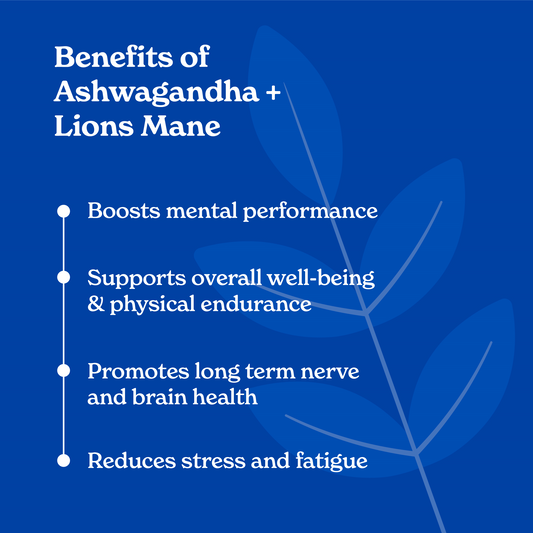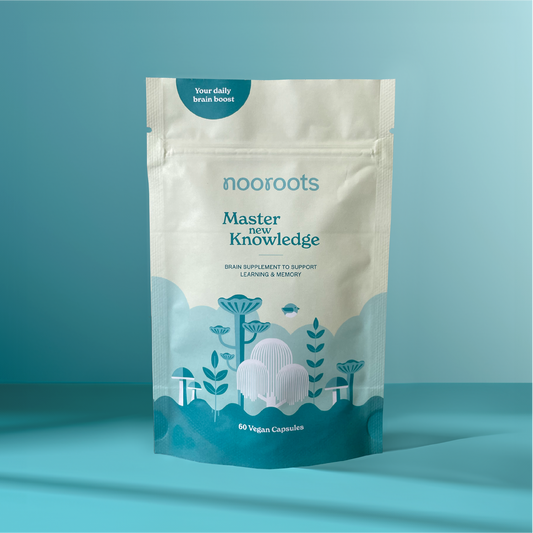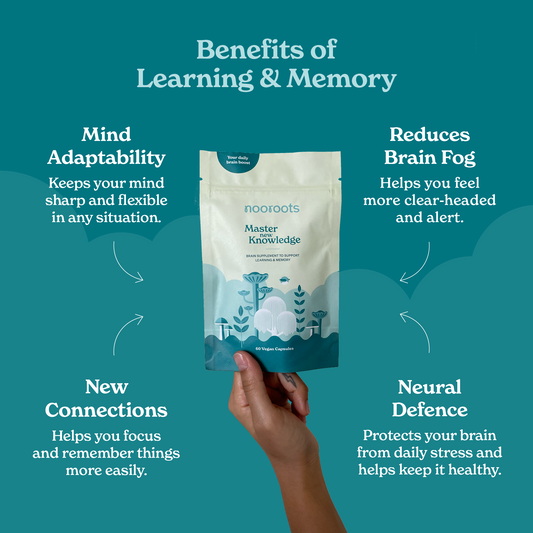Expert Writer and Contributor ✓
About the Author
Charlotte was awarded a Master of Science degree in chemistry from the University of Bristol. She is currently completing a PhD at the University of Leeds.
About the Contributor
Mus was awarded a Master of Science degree in Medical Biotechnology and Business Management from the University of Warwick.
How do you like your liver…raw, medium or well done?
Well if you prefer it raw, the chances of your body being properly supplied with oxygen are pretty good. In fact, before doctors had a medicine to Anaemia – a potentially fatal disease in which there are not enough red blood cells to carry oxygen to different parts of the body – eating roughly 226 grams of raw liver could be the difference between life and death.
The original insight in the medicinal benefits of eating raw liver from Drs. George Whipple, George Minot and William Murphy helped earn them the 1934 Nobel Prize in Physiology or Medicine.
OK so that may have been in the 1920’s and 30’s. Let’s jump to 1957 for a second.
Beavering away in the labs at Oxford University, English chemist and crystallographer Dorothy Mary Crowfoot Hodgkin was onto a ground-breaking discovery. She first elucidated the structure of Vitamin B12 (Cobalamin) using next generation X-ray crystallographic techniques while researching Anaemia. A truly astonishing revelation considering Vitamin B12 is one of the most complex non-protein structures known to man.
Fast forward a bit to 2022. No doctor subscribes ‘liver therapy’ anymore (thankfully). But Vitamin B12 (Cobalamin) has earned its place as the eight and last member of the B-Complex family of Vitamins. While to this day it has not been dislodged or succeeded, our understanding of Cobalamin’s benefits to mind and body have radically advanced.
Contents
- What is Vitamin B12 (Cobalamin)?
- Vitamin B12 (Cobalamin) Deficiency
- Vitamin B12 (Cobalamin) Benefits
- Vitamin B12 (Cobalamin) Mechanism of Action
- Vitamin B12 (Cobalamin) Side Effects
- Recommended Dosages of Vitamin B12 (Cobalamin)
- Best Natural Food Sources of Vitamin B12 (Cobalamin)
Vitamin B12 (Cobalamin): A Health Guide to Safe and Effective Supplementation

What is Vitamin B12 (Cobalamin)?
Vitamin B12, or cobalamin, is an essential nootropic B-vitamin for enhancing brain function, protecting our nervous system, and preventing anaemia.
It was originally called the ‘anti-pernicious anaemia factor’, when scientists discovered that eating raw liver cured pernicious anaemia (deficiency in red blood cell production)1! Eventually its structure was fully resolved by Dorothy Hodgkin in 1956, for which she was awarded a Nobel Prize2,3.
Vitamin B12 (Cobalamin) Deficiency
Vitamin B12 is not produced in plants, instead only being found in animal products such as liver, fish or dairy. This means that vitamin B12 deficiency is particularly prevalent amongst vegans and vegetarians, and it causes a multitude of negative effects4–8:
- Impaired brain function and cognitive decline
- Motor control problems
- Memory loss
- Depression and mood deficits
- Fatigue
- Pernicious/megaloblastic anaemia
Vitamin B12 (Cobalamin) Benefits
Cobalamin has been hailed a neurotropic vitamin, due to its special role in maintaining the nervous system and enhancing cognitive function. Benefits of taking vitamin B12 include:
- Brain boosting: Vitamin B12 is crucial for the synthesis of neurotransmitters, chemical messengers that carry signals between neurons.
- Improved mood: This essential nutrient lowers levels of homocysteine, high levels of which has been linked to mood disorders, as well as increased risk of heart disease and stroke.
- Protection against anaemia: Deficiency in vitamin B12 is linked to issues with red blood cell production, leading to multiple types of anaemia.
Vitamin B12 (Cobalamin) Mechanism of Action
Vitamin B12 is at its best in combination with vitamins B1 and B6, as there is a ‘biochemical synergy’ between these vital nutrients7.
They can help us to maintain a healthy nervous system by working to reduce the levels of homocysteine in the body. High levels of homocysteine have been linked to5–7,9–12:
- Cognitive decline
- Mood disorders
- Negative effects on motor and memory function
- Increased risk of heart disease and stroke
Vitamin B12 in particular is critical for the synthesis of myelin, the insulating sheath surrounding neurons to enhance the transmission of electrical signals, and for the production of neurotransmitters such as serotonin and dopamine7.
This multifaceted vitamin also protects against DNA damage and cell stress by preventing the build-up of excess free radicals in the body7,10.
Vitamin B12 therefore provides brain boosting and cognitive enhancing properties and is an essential component for protecting our nervous system and brain health.
Vitamin B12 (Cobalamin) Side Effects
Vitamin B12 is considered safe even when taken at higher doses, as the body absorbs only what it needs. However, the following mild side effects could occur13:
- Headache
- Nausea/vomiting
- Diarrhoea
- Fatigue
- Tingling in extremities
Recommended Dosages of Vitamin B12 (Cobalamin)
The Nutrient Reference Value (NRV) for Vitamin B12 (Cobalamin) is 2.5μg (micrograms). The safe upper limit (SUL) for Vitamin B12 (Cobalamin) is up to 1,000 μg.
Learn More About NRV and SUL
The NRV and SUL are two values assigned to vitamins and minerals that are designed to provide guidance on how much of a specific nutrient can be consumed.
NRV can be defined as the amount of a specific nutrient needed to adequately meet known nutritional deficiencies. Whereas the SUL is the highest level of nutrient intake that is likely to pose no risk of bad health effects for almost all individuals in the general population.
It is very safe to consume levels of nutrients greater than the NRV as long as the intake is below the SUL.
At nooroots, we take both these values into consideration when performing research and product development. We work with our scientists and partners to select a nutrient level that is both safe and effective.
Best Natural Food Sources of Vitamin B12 (Cobalamin)
Here are the top 10 foods rich in Cobalamin:
- Clams
- Tuna
- King Crab
- Beef
- Fortified Cereals
- Fortified Soymilk
- Fortified Tofu
- Low-Fat Milk
- Swiss Cheese
- Eggs
*data sourced from My Food Data
Conclusion
Decades of research spanning just under 30 years took us from prescribing raw liver to Anaemia patients to understanding the structure of one of the most complex non-protein structures known to science. Along the way 2 Nobel Prizes were awarded and millions of lives saved.
Vitamin B12’s (Cobalamin) complex chemical structure serves it well for super positive benefits attribute to it. Cobalamin has been shown to promote communication between brain cells, enhance cognition, lower levels of harmful hormones, and properly supply our bodies with enough oxygen.
Beneficial effects may be felt from doses as low as 2.5 micrograms and it is not advised to take more than 1,000 micrograms.
For those interested in taking the first step, our Learning & Memory Nootropic Supplement at Nooroots offers a carefully formulated introduction to the world of cognitive enhancement—crafted to support both clarity of mind and balance of mood.
Learn more about the other vitamins, minerals and plant extracts we use to give your brain a daily boost
Evidence
- The Nobel Prize in Physiology or Medicine 1934. NobelPrize.org. https://www.nobelprize.org/prizes/medicine/1934/whipple/biographical/ (accessed 2022-05-24).
- Structure of Vitamin B12 | Nature. https://www.nature.com/articles/178064a0 (accessed 2022-05-24).
- Scott, J. M.; Molloy, A. M. The Discovery of Vitamin B(12). Ann Nutr Metab 2012, 61 (3), 239–245. https://doi.org/10.1159/000343114.
- Reynolds, E. Vitamin B12, Folic Acid, and the Nervous System. The Lancet Neurology 2006, 5 (11), 949–960. https://doi.org/10.1016/S1474-4422(06)70598-1.
- Oh, R. C.; Brown, D. L. Vitamin B12 Deficiency. AFP 2003, 67 (5), 979–986.
- Mitchell, E. S.; Conus, N.; Kaput, J. B Vitamin Polymorphisms and Behavior: Evidence of Associations with Neurodevelopment, Depression, Schizophrenia, Bipolar Disorder and Cognitive Decline. Neuroscience & Biobehavioral Reviews 2014, 47, 307–320. https://doi.org/10.1016/j.neubiorev.2014.08.006.
- Calderón-Ospina, C. A.; Nava-Mesa, M. O. B Vitamins in the Nervous System: Current Knowledge of the Biochemical Modes of Action and Synergies of Thiamine, Pyridoxine, and Cobalamin. CNS Neuroscience & Therapeutics 2020, 26 (1), 5–13. https://doi.org/10.1111/cns.13207.
- Vitamin B12 Deficiency: Causes, Symptoms, and Treatment. https://www.webmd.com/diet/vitamin-b12-deficiency-symptoms-causes (accessed 2022-05-24).
- Cook, S.; Hess, O. M. Homocysteine and B Vitamins. In Atherosclerosis: Diet and Drugs; von Eckardstein, A., Ed.; Handbook of Experimental Pharmacology; Springer: Berlin, Heidelberg, 2005; pp 325–338. https://doi.org/10.1007/3-540-27661-0_11.
- Fenech, M. Folate (Vitamin B9) and Vitamin B12 and Their Function in the Maintenance of Nuclear and Mitochondrial Genome Integrity. Mutation Research/Fundamental and Molecular Mechanisms of Mutagenesis 2012, 733 (1), 21–33. https://doi.org/10.1016/j.mrfmmm.2011.11.003.
- Kataria, N.; Yadav, P.; Kumar, R.; Kumar, N.; Singh, M.; Kant, R.; Kalyani, V. Effect of Vitamin B6, B9, and B12 Supplementation on Homocysteine Level and Cardiovascular Outcomes in Stroke Patients: A Meta-Analysis of Randomized Controlled Trials. Cureus 2021, 13 (5). https://doi.org/10.7759/cureus.14958.
- Guéant, J.-L.; Caillerez-Fofou, M.; Battaglia-Hsu, S.; Alberto, J.-M.; Freund, J.-N.; Dulluc, I.; Adjalla, C.; Maury, F.; Merle, C.; Nicolas, J.-P.; Namour, F.; Daval, J.-L. Molecular and Cellular Effects of Vitamin B12 in Brain, Myocardium and Liver through Its Role as Co-Factor of Methionine Synthase. Biochimie 2013, 95 (5), 1033–1040. https://doi.org/10.1016/j.biochi.2013.01.020.
- Vitamin B-12. Mayo Clinic. https://www.mayoclinic.org/drugs-supplements-vitamin-b12/art-20363663 (accessed 2022-05-24).







